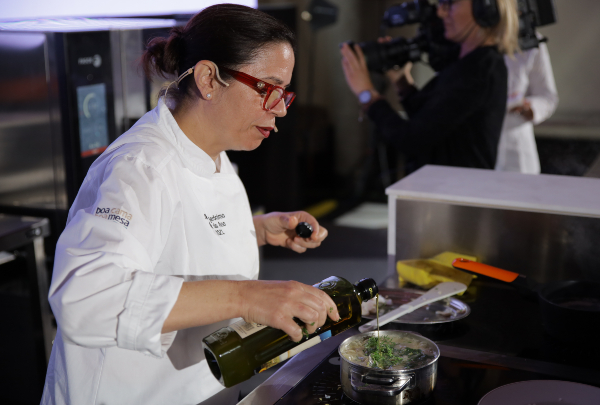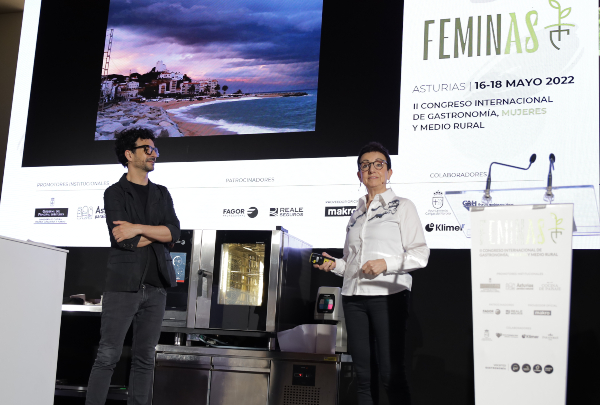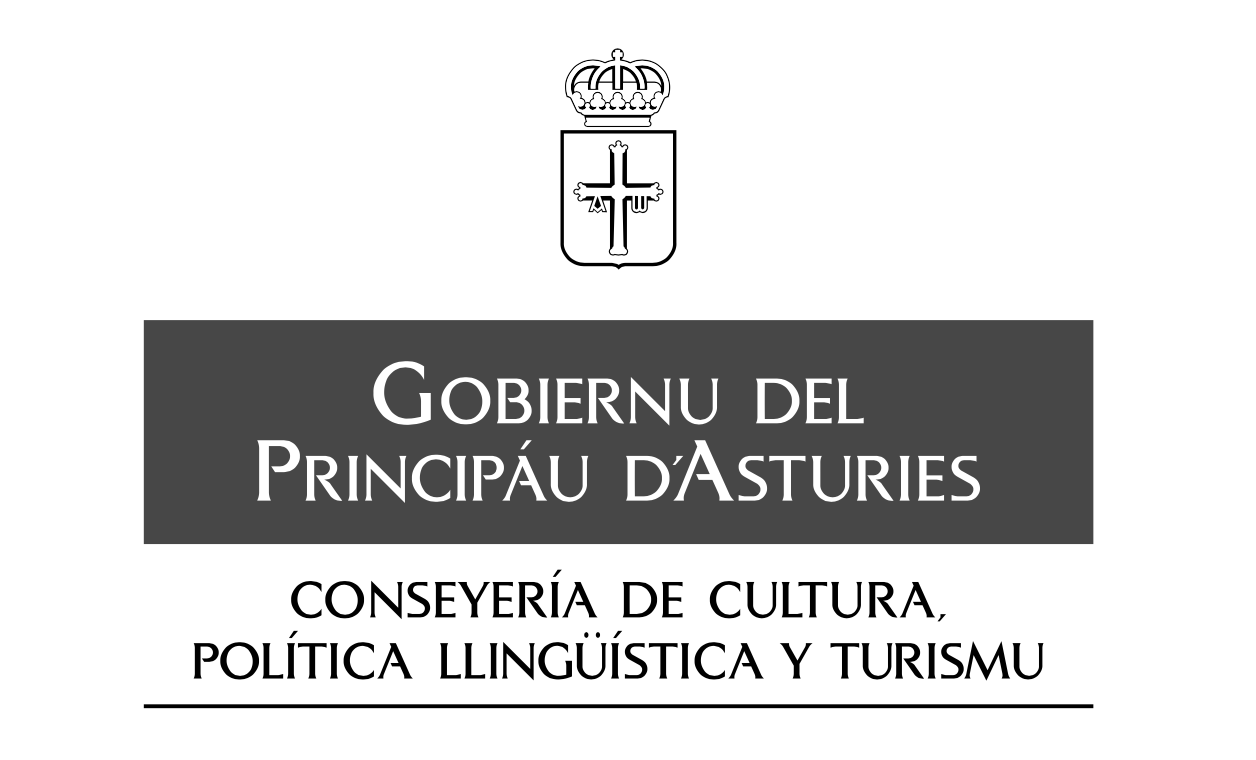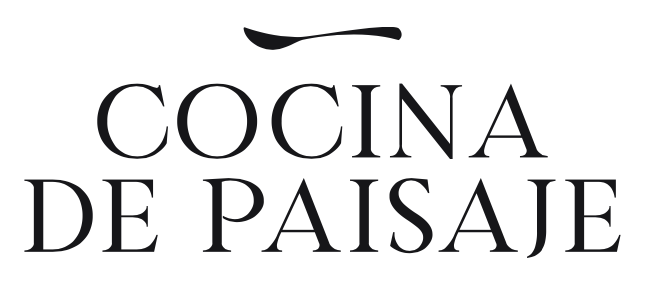News
“The future lies in small-hectarage single varieties"
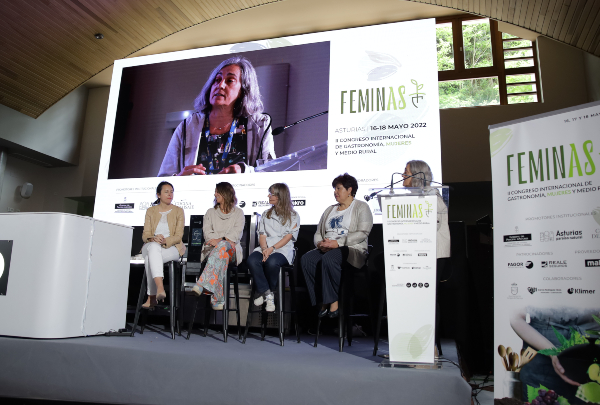
Four wine professionals debate the new modes of wine consumption and styles of wine at FéminAs
Southwest Asturias is on stage again to show its muscle, winemaking muscle on this occasion.
Carmen Martínez (Bodega Las Danzas, Las Mestas, Asturias), Andrea González Muñiz (Bodega Monasterio de Corias, Cangas del Narcea, Asturias), Belén Sanz (wine expert at Bodega Dehesa de los Canónigos, Valladolid) and Rosana Lisa (manager of Bodegas Lalomba, La Rioja), four professionals with years of experience and know-how in the world of wine, took part in a debate in tendencies and perspectives at the first round table on the second day of the congress in Asturias.
And the main feature of the debate, in fact, was southwest Asturias, home to the Community's only Denomination of Origin. This is "DO Cangas", a denomination chiefly encompassing family wineries, which "is set to be turned into a little Burgundy", according to Benjamín Lana, Head of Vocento Gastronomía, on Monday. Rosana Lisa was not so sure about this on Tuesday, although she agreed it was "an emerging area".
This was borne out by the two Asturian representatives at the table, accepting the challenges ("It's hard work on steep mountainous terrain", said Martínez) and also the limits ("We have a very nice system, but it's too small. It's romantic, but difficult", added González). DO Cangas now comprises 52 hectares. “If no more vines are planted, Cangas won't be going anywhere", insisted González.
A small, difficult denomination of origin, but it has certain features that make it attractive such as the focus on local varieties, "where the future lies", said the lady from Monasterio de Corias, which was also the venue for the debate. At the moment Cangas operates chiefly with "albarín negro" and "albarín blanco", "verdejo negro" and "carrasquín" and "mencía" grapes, usually in single-variety wines.
This met with the approval of the non-Asturian participants, who represented much larger wineries. “At Bodega Dehesa alone we have 60 hectares, eight more than Cangas in its entirety", admitted Belén Sanz, who also said her business had also focused on working by hectares, since "each vine requires a different kind of treatment. At Dehesa we operate a mini-production format with respect for each grape and each plot".
In this regard Rosana Lisa presented her group's new feature at Ramón Bilbao, Lalomba, wines from choice charismatic vines with no La Rioja mixtures, and white concrete-fermented wines. Back to concrete? “Concrete gives the wines purity”, claimed the lady from Aragón.
“If we have to harvest in April in the end, we'll do it”
On the impact of climate change, all four felt this was important, suggesting solutions such as planting on higher levels and changing the criteria for treatment of vines. Sanz felt "it is us who have to change, and examine how the vines are adapting. And if we have to harvest in April in the end, then we'll do it”. The lady from Bodega Las Danzas seemed happier in this regard: “It's working out well for us, because we have more hours of sunshine".


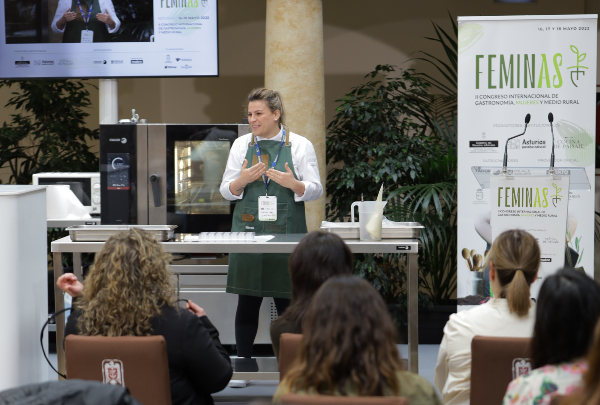

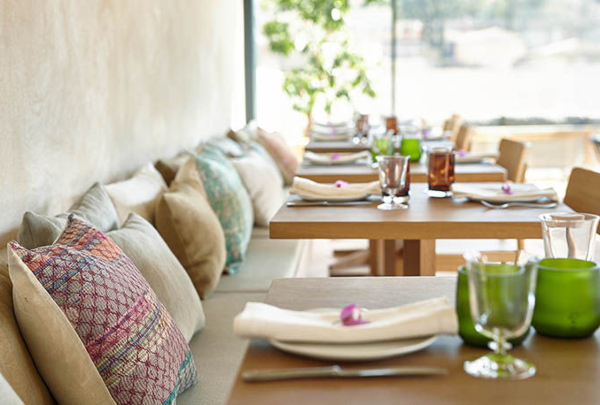
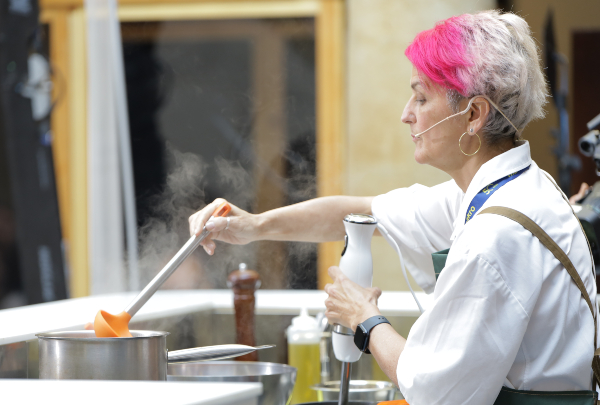
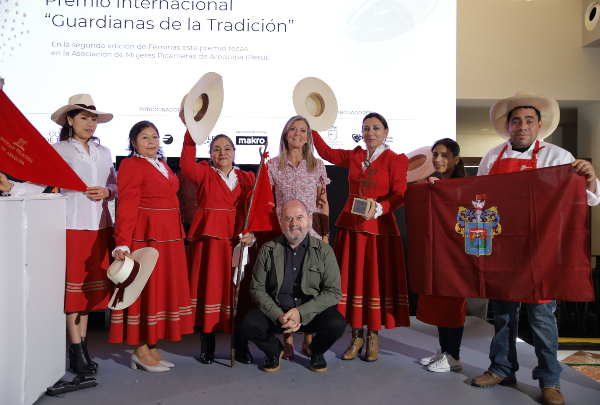
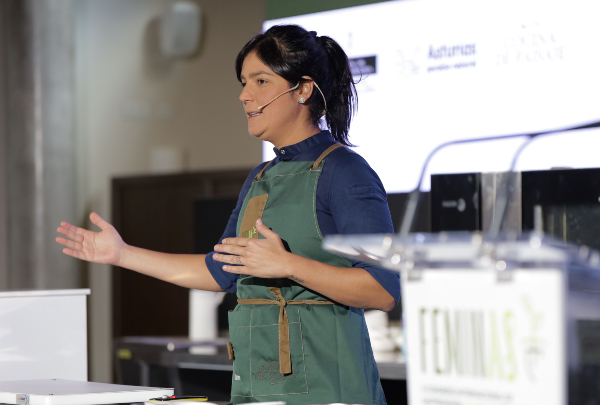
 600.jpg)
